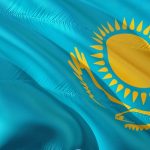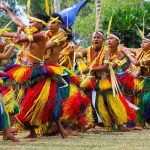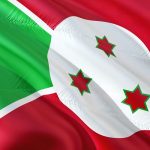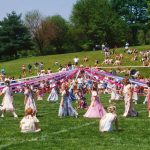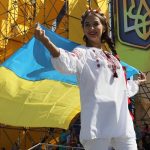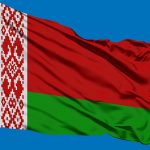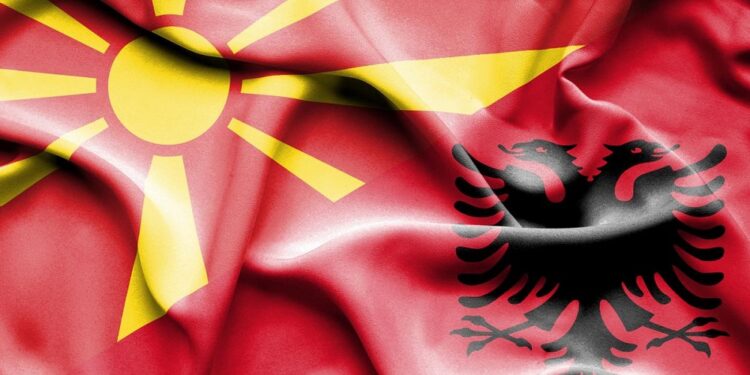
Albanian Alphabet Day
Albanian Alphabet Day in North Macedonia, also known as “Dita e Alfabetit Shqip,” is a cultural observance that celebrates the Albanian alphabet, its historical significance, and the preservation of the Albanian language and culture in the country. It is an occasion to honor the pioneers of the Albanian script and to emphasize the importance of linguistic and cultural diversity.
Historical Background
The Albanian alphabet has a rich history closely tied to the preservation and promotion of the Albanian language. In the early 20th century, Albania and parts of what is now North Macedonia were under Ottoman rule, and the Albanian language was not officially recognized.
The establishment of the Albanian alphabet played a crucial role in the cultural identity and independence of Albanians. The creation of the modern Albanian alphabet is largely attributed to two Albanian scholars and educators, Sami Frashëri and Pashko Vasa.
They worked to develop a unified Albanian script, which was officially introduced on November 22, 1908, at the Congress of Monastir (Bitola) in what is now North Macedonia. This event marked a significant milestone in the history of the Albanian language and culture.
Traditions and Observations
Albanian Alphabet Day in North Macedonia is observed with various traditions and activities that celebrate the Albanian language and culture. Official ceremonies and commemorations are held in various locations, especially in areas with significant Albanian-speaking populations. These events often include speeches, presentations, and cultural performances.
Schools and educational institutions may organize special programs and activities to promote the importance of language and cultural diversity. Students may learn about the history of the Albanian alphabet and its significance. Cultural exhibitions, displays, and art exhibitions are organized to showcase Albanian literature, language, and contributions to the arts. These exhibitions may feature historical documents, books, and artwork.
Some schools and organizations hold Albanian language competitions, spelling bees, and other language-related contests to encourage linguistic proficiency and celebrate the beauty of the Albanian language. Cultural performances, including traditional Albanian music and dance, are often part of the festivities. These performances reflect the vibrant cultural heritage of the Albanian-speaking community.
Scholars, linguists, and educators may give lectures and participate in discussions about the history, development, and importance of the Albanian alphabet in the context of Albanian culture and identity. Albanian communities come together to celebrate their heritage and linguistic identity. These gatherings foster a sense of unity and pride in their cultural roots.
Albanian Alphabet Day in North Macedonia serves as a reminder of the historical and cultural significance of the Albanian language and script. It emphasizes the value of linguistic diversity and the contributions of the Albanian-speaking community to the country’s cultural mosaic.
